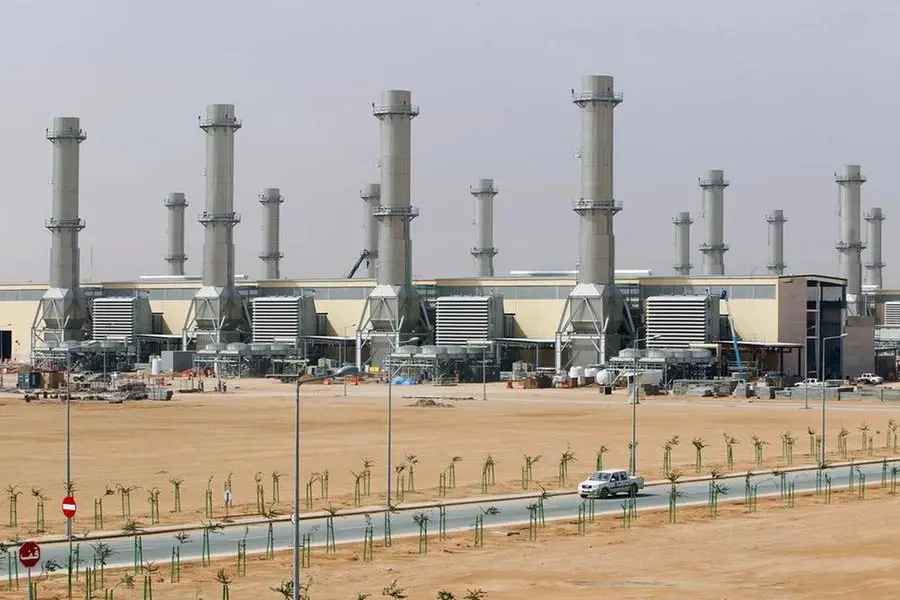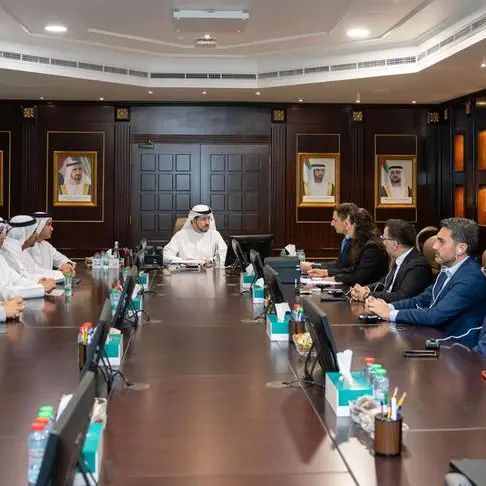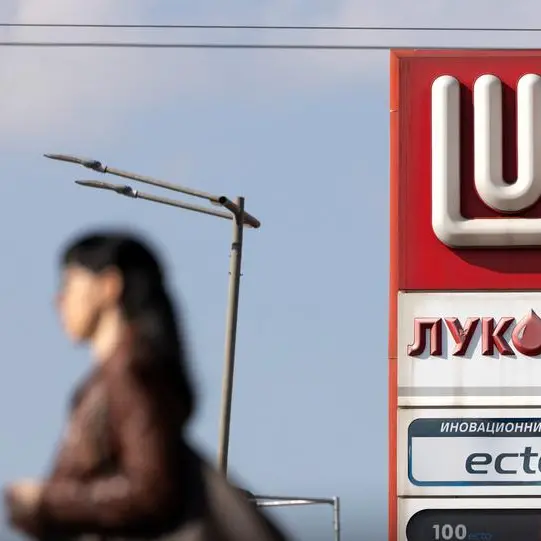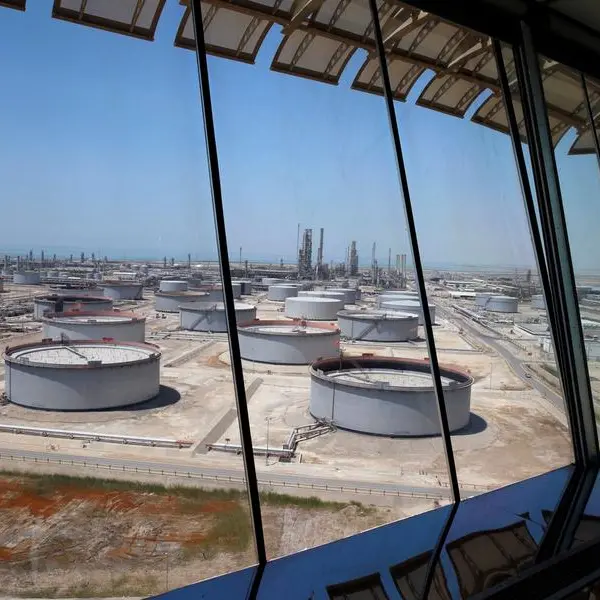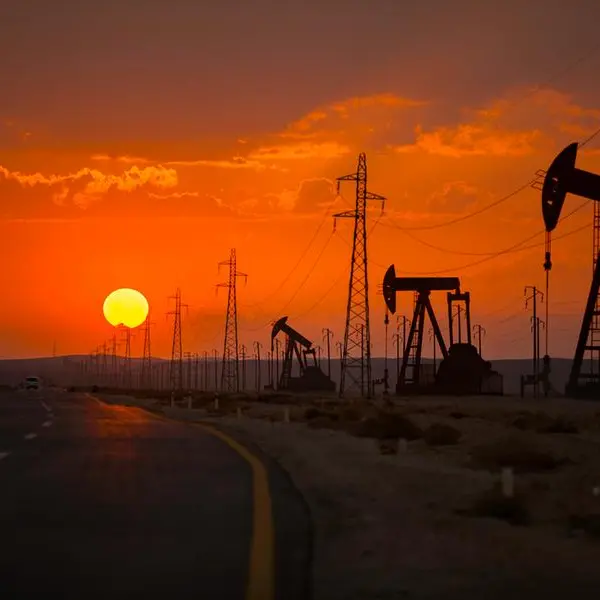PHOTO
Riyadh -- The National Energy Services Company, TARSHID, and King Abdullah Financial District Management and Development Company (KAFD DMC) have signed a contract to initiate the detailed study required for 9 buildings.
This project aims to increase energy efficiency and reduce energy consumption in the buildings, which are prominent within the district.
The collaboration between the two companies intends to strengthen energy conservation efforts and implement sustainable energy efficiency solutions in buildings across the Kingdom of Saudi Arabia, aligning with the goals of Vision 2030.
TARSHID will conduct field surveys and technical studies for the targeted buildings and facilities. Based on the study's findings, the company will provide recommendations on the most effective energy-saving solutions. The energy efficiency project will encompass four towers and five facilities, focusing on the following expected measures: lighting replacement, air handling unit optimization, and these measures will result in increased energy efficiency and reduced consumption within the addressed facilities.
Located in the heart of Riyadh, the capital of Saudi Arabia, KAFD features 1.6 million square meters of state-of-the-art office space, world-class facilities, and iconic luxury residences designed to transform how urban communities live, work, and play. KAFD is the world's largest mixed-use business district that received the LEED Platinum Certification, certified by the USGBC's green building rating system (LEED).
It is worth mentioning that TARSHID is actively involved in retrofitting buildings in both the government and private sectors to enhance energy efficiency and sustainability. KAFD is a significant testimony to the partnership between TARSHID and the private sector, and TARSHID encourages others in the private sector to adopt a similar approach towards sustainability, resource preservation, and finding optimal energy efficient & sustainable solutions for buildings and facilities in line with the strategic goals of expanding the reach to keep pace with Saudi Arabia's ambitious energy sustainability transition.
The CEO of KAFD DMC, Gautam Sashittal, warmly welcomed the partnership, stating, "This project with TARSHID represents a significant milestone for KAFD, reinforcing our continuous commitment to keeping pace with Saudi Arabia's transformation journey. It aligns with and confirms our steadfast commitment to our environmental sustainability and energy efficiency goals. So far, more than 40 buildings in 'KAFD,' from office towers to residential buildings and prominent landmarks, have received Silver and Gold LEED certifications."
Mr. Waled Al-Ghreri, the CEO of TARSHID, said, "We all strive to align with Saudi Vision 2030 in its goals of increasing energy efficiency and environmental sustainability. TARSHID was established to support energy efficiency and sustainability sector. Engaging in projects with both the public and private sectors, such as King Abdullah Financial District (KAFD), is a significant step towards achieving our goal of transforming all buildings into more sustainable and energy efficient structures. Through this collaboration, we aspire to be the strategic partner for the private sectors in various energy efficiency & sustainability solutions. This collaboration between TARSHID and KAFD reflects the key initiatives of the PIF, to strengthen the work coordination between its companies. "
TARSHID's mission evolves around serving the strategic sustainability goals of the Kingdom, derived from Vision 2030, which aims to achieve significant energy savings and reduce carbon emissions. TARSHID primarily focuses on improving energy efficiency in government and private buildings and facilities, targeting a total of 19,116 buildings. Since its establishment in 2017 until the end of Q2 2023, the company has achieved a reduction of 6.4 terawatt-hours per year across various projects, equivalent to 10.3 million barrels of oil equivalent (BoE), while avoiding 3.7 million metric tons of harmful emissions. This environmental impact is equivalent to planting more than 61.5 million trees.
